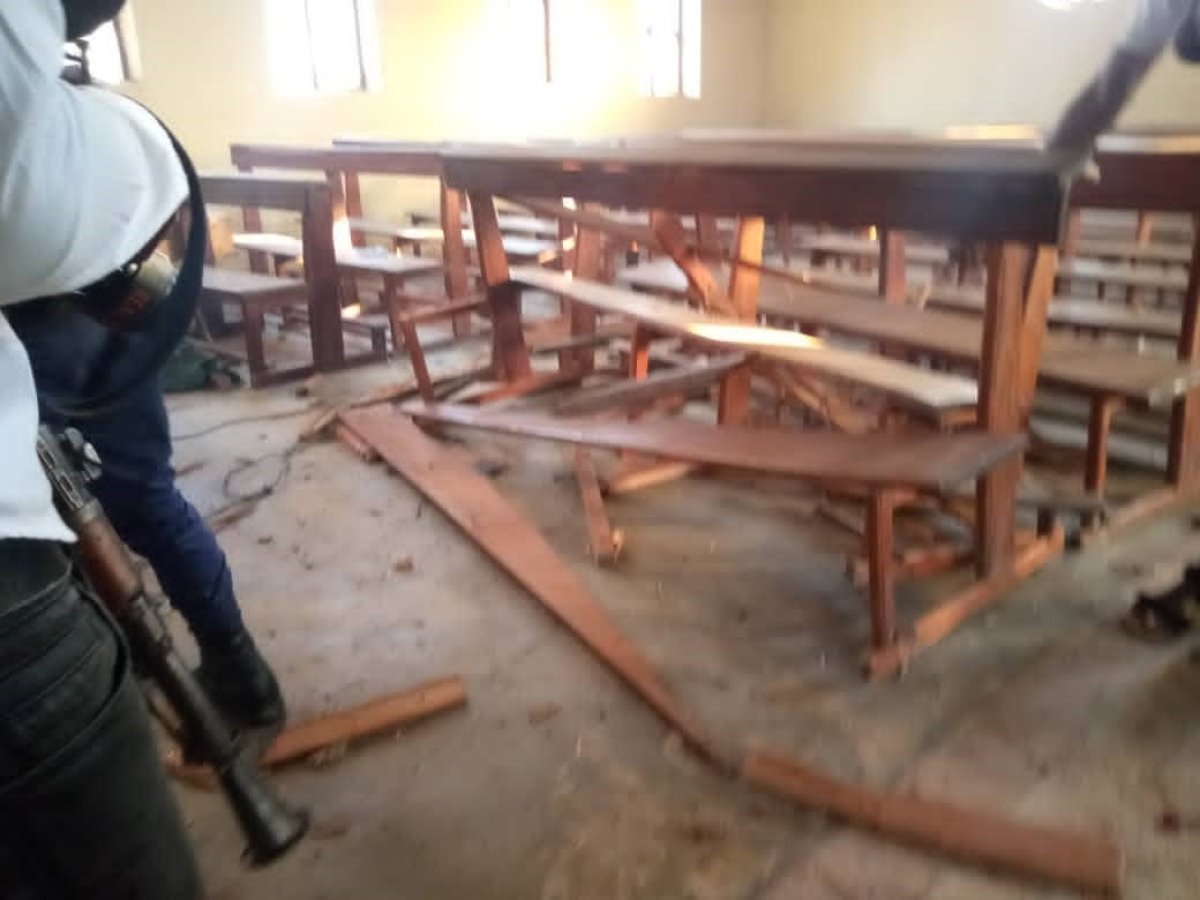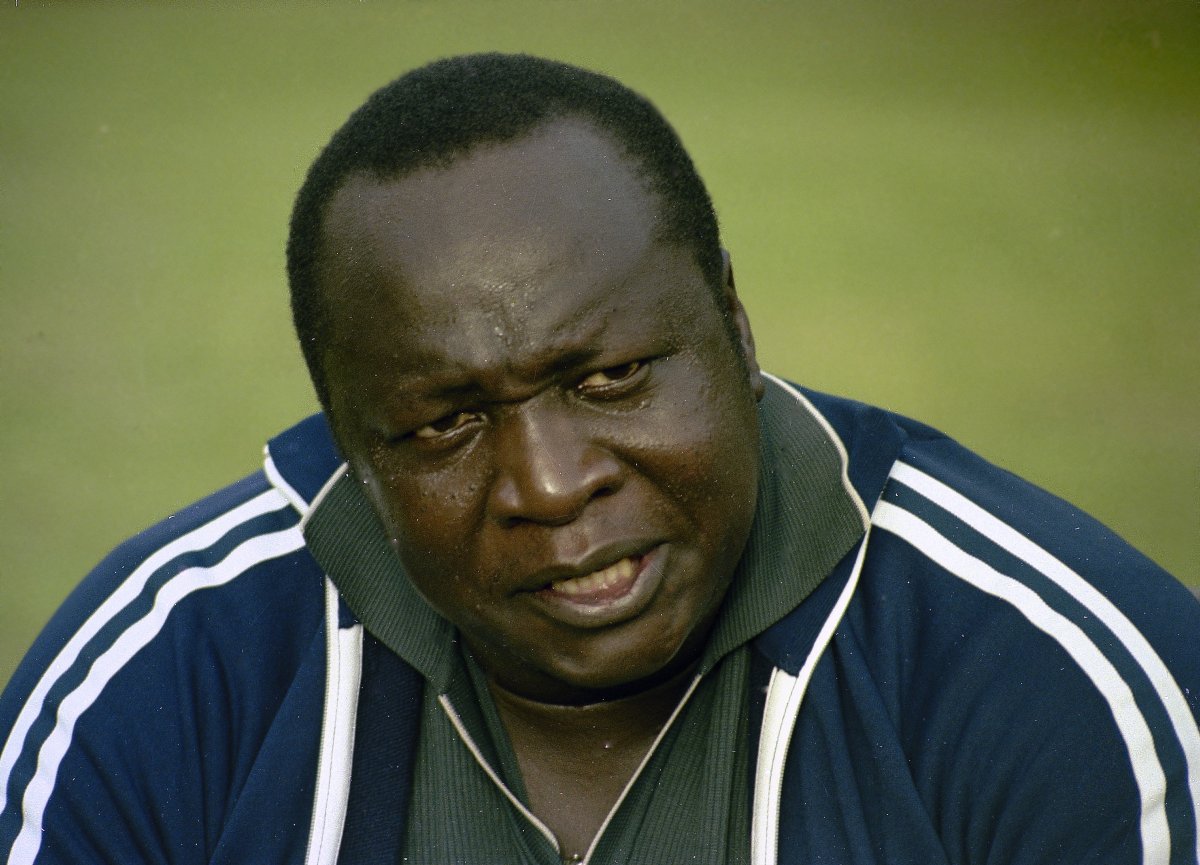Congo banned public gatherings for two days in the city of Beni on Monday, a measure implemented following two explosions in the eastern city.
Sunday saw multiple explosions in the city, one at a Catholic church and then one detonated by a suicide bomber in a busy intersection, according to authorities. No civilians were killed but the government shut down major gathering spaces and instituted restrictions on public meetings in response.
Authorities identified the suicide bomber as a Ugandan and a member of the Allied Democratic Forces rebels, Congolese army spokesperson Lt. Anthony Mwalushay told the Associated Press.
"We arrested two suspects and intercepted their communications," Mwalushay said Monday. "I call on the population to be calm and to be very vigilant."
For more reporting from the Associated Press, see below:

The suicide bombing was the first such attack in Beni, worrying authorities who noted the longtime ADF rebel group has in the past few years pledged allegiance to the Islamic State.
Schools, markets and churches are closed for 48 hours in Beni, he said. "We do not want a crowd of more than 10 people for security reasons to avoid falling into the trap of the new modus operandi of the Ugandan ADF rebels in Beni," he said.
A bomb had also exploded early Sunday at a Catholic church in Beni's Butsili district in Beni. No one was killed, but two people were seriously injured.
"We were about to open the doors of the church to allow the faithful to participate in mass. We heard a bomb inside the church. Two people were already there for morning prayer," said Mathe Kombi Victoire who works at the church.
This is the third attack in 2021 on a religious target, according to military and government authorities who noted that two imams were killed by ADF rebels earlier in the year.
Many Beni residents stayed at home in fear on Monday.
"We would like the Congolese government to strengthen the military presence in certain places of the city of Beni so that these kinds of explosions do not appear again," said resident Mumbere Mafuta. "It is serious because these kinds of explosions resemble that of a terrorist and here in Beni we have never seen such things. Today it is a bar, church and market. We don't know if tomorrow it will be a school. May God help us."
The ADF originated in neighboring Uganda and has been a threat in eastern Congo for more than 20 years. The Islamic State group has claimed responsibility for some attacks carried out by ADF rebels, but the exact relationship between the groups is not clear.
A Congolese military campaign was launched against the rebels last year and fighters have since dispersed and fled into various parts of eastern Congo, where dozens of armed groups fight over control of the mineral-rich territory.
The rebels have responded to the military offensive with increased attacks, especially in Beni and the surrounding area.

Uncommon Knowledge
Newsweek is committed to challenging conventional wisdom and finding connections in the search for common ground.
Newsweek is committed to challenging conventional wisdom and finding connections in the search for common ground.
About the writer
To read how Newsweek uses AI as a newsroom tool, Click here.






